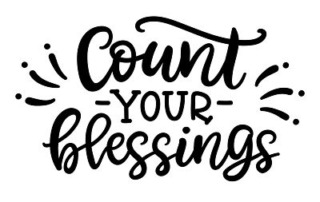Not Finding Your Ideal Clients? Maybe You’re Looking for the Wrong Things.
At the beginning of most of my engagements, I start by sending the client team a questionnaire that helps me establish a baseline understanding of how the agency approaches business development—strengths, weaknesses, skills, and areas of resistance. In it, I ask them to describe their ideal client. Here’s a sampling of what I hear more often than not: “Open-minded, seek out expert advice, and take it, challenge us with problems they can’t solve, value our time and expertise.” “Really smart, and motivated to get things done.” “Collaborators who recognize the importance of strategic planning and thoughtful execution.” “They provide us with direct access to key decision-makers. They’re collaborative, value our opinions and input, and have a healthy balance of practical and aspirational thinking for their brand.” “They’re ‘brand collaborators’—marketing-led companies looking for a long-term, transparent partner to challenge the status quo and collaborate on integrated solutions.” “They trust us, respect us, and like spending time with us. Discussion is always thoughtful, relaxed, and challenging. It never feels like we’re not on the same team even when we disagree.” “They are appreciative of the work we do and pleasant to work with.” These are pretty idyllic descriptions. And not necessarily unrealistic. Every agency deserves to work with clients like these. The problem is, these descriptions are limited in their ability to help you find ideal clients. I began to consider why agencies default to describing ideal clients in this way. What I realized is agencies tend to frame the question as "who are we best served by?" when the question I’m really asking is “whom do you serve best?” Understanding the distinction between the two has big implications for the effectiveness of your new business outreach. Who is [...]











